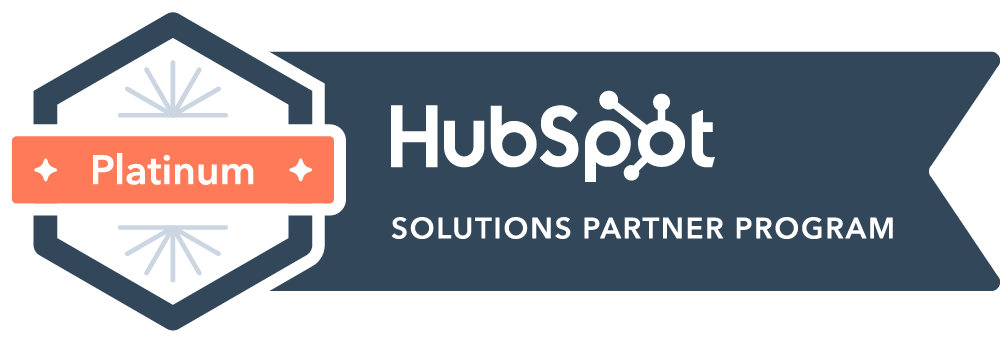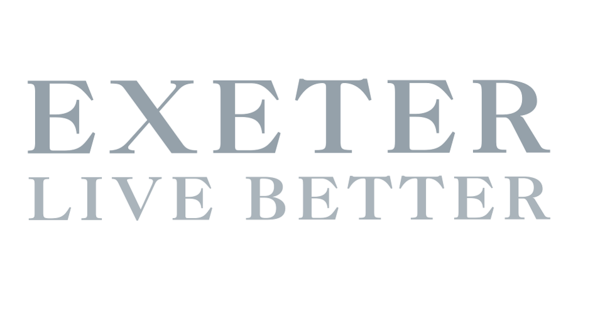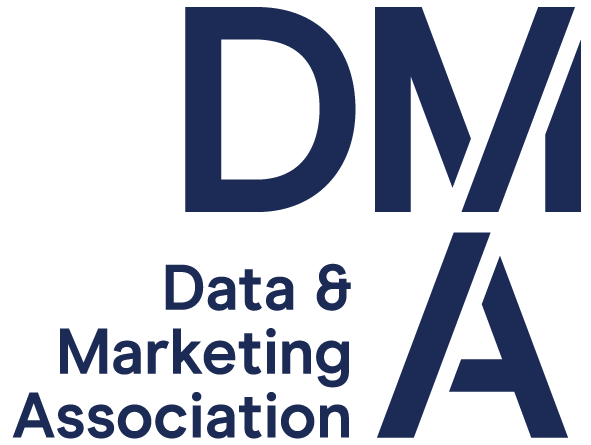A solid incentive scheme can be a great way to encourage your team to hit those all-important targets when you work in outbound sales.
Make enough calls and bring in enough business, and you will receive a substantial reward for your efforts.
It sounds simple enough on paper, but the truth is that it can sometimes be hard to get an incentive scheme right.
Make it too hard to achieve target, and you run the risk of frustrating your team. Make it too easy, and you will lose a lot of that hard-earned turnover.
Even if you get your targets right, you need to think long and hard about the incentives you will offer.
We’ve put together this guide to help you work out an ideal incentive programme for your sales development representatives (SDRs) and what you can offer them by means of reward.
What targets and KPIs should I have in place?
Before we move into detail, we should explain the difference between targets and KPIs in relation to incentives. It’s easy to get them mixed up or use them interchangeably.
Targets are your outcomes, and KPIs (key performance indicators) are the activities that lead to an outcome being completed.
As an example, let’s take sales calls. In this case, the sales calls are the KPI, and the target is the number of sales calls you want your SDRs to achieve in a set time frame.
When you consider your targets, it’s essential to think about the following:
- What will your KPIs be? This is dependent on your business model. Examples of KPIs you can use in sales include revenue, sales won and meetings booked
- What will your target be? Your target needs to be attainable, but not so easy that everyone can hit it on the first phone call of the day. Make sure all your targets are:
- Specific
- Measurable
- Achievable
- Relevant
- Timely
- Will any other team members be involved in your SDRs hitting their target? For example, say your target is number of sales won, and your SDRs pass their opportunities through to another salesperson to close. Their commission is dependent on the success of other people. This will need to be factored into the final figures
What are SDRs really motivated by?
As we’ve touched on in earlier blogs, members of your sales team are motivated by different things. It can be easy to assume that everyone is motivated by money; after all, we all have bills to pay and mouths to feed. However, this is not necessarily the case.
Only 13% of people looking for a new job say it is because they want more money. This means there have to be other factors in play.
People in a sales environment can be motivated by:
- Making a difference to the world
- Career progression and development
- Being recognised for the work they do
- Freedom to spend time with friends and loved ones
Different motivations can lead to SDRs preferring various incentives for their work. For example, if someone is motivated by freedom, additional days off or shorter working hours can encourage them to hit their targets.
So, should I offer money as an incentive?
It honestly depends on your business and the staff that work for you. For some SDRs – cash is still king, and they will appreciate a financial bonus for their hard work.
However, this strategy doesn’t work for all staff and can be expensive to maintain in the long term.
In the 1990s, Hewlett Packard launched performance-related pay for staff. The issue was that the targets set were too low, meaning about 90% of staff were eligible for commission. When Hewlett Packard realised its mistake and upped the targets, employees threatened to quit as they thought they were entitled to the extra incentives by default.
One thing to consider if you are offering money-based commission is how much your SDRs will be able to earn and how it compares to their base pay.
High commission and low base may incentivise your team to sell hard, but may lead to frustrated staff and high turnover. Low commission and higher base may deter ambitious salespeople, but lead to happier SDRs and improved job security.
Great sales incentives that will really motivate your SDRs
What type of incentives can you offer your SDRs that will encourage them to pick up the phone and start calling?
Interestingly, 85% of people would opt for a non-cash incentive if it was something they really liked the look of.
Here are a few of our favourites for you to consider.
Workplace incentives
These types of incentives make the working day easier and more fun for your sales team. The advantage of workplace-based benefits is that they are low-cost, making them an excellent option for businesses with a small budget.
For example, you could offer longer lunch breaks, parking spaces nearer the office or extra holidays for those who hit their targets.
You could even let your SDRs take control of the office Spotify playlist as a fun reward!
Experienced-based incentives
Experiences and outings are great incentives for staff, as they are seen as high value and are something tangible for your sales team to try and achieve.
Experienced-based incentives can range from a pair of cinema tickets or a trip to a spa through to a VIP experience at a music concert or sporting event.
The great thing about experienced-based incentives is that you can extend them to the whole team too. Has the entire sales team hit its target for the quarter? Treat everyone to a works night out!
Plus, your SDRs may document their experience on social media and tag you in, leading to extra publicity for your business.
Courses and training incentives
Some of your sales team may be motivated by the promise of personal and professional development and becoming the best version of themselves they can be.
Offering advancement opportunities can be a smart choice if this is the case. Your SDRs gain new skills to help them in their career, and you get to take advantage of what they learn in the workplace. It’s a win-win situation!
You could pay for them to complete an online course, let them have one-on-one time with a professional coach or give them paid time off to attend an upcoming conference.
Physical incentives
One of the best ways to thank someone is with a thoughtful gift, and your sales team is no exception. Providing a tangible prize works well as you can customise it to the specific team member as well as your own budget.
Tech, food, drink and gift cards are all brilliant options. One idea we love is to have lots of prize envelopes on a board in the office. The SDR picks one at random and gets a nice surprise!
In conclusion – how will you manage your in-house incentive scheme?
According to the Incentive Research Foundation, a high-quality incentive programme can increase staff performance by 44%. That’s potentially a lot of new sales leads and opportunities for your business.
Done right, an incentive programme can drive your SDRs performance and lead to positive outcomes. The challenge is working out how to implement it correctly.
There isn’t a one-size-fits-all approach to incentive schemes. The one that is right for your business will depend on your industry, your size, the outcomes you want to achieve and most importantly, the motivations of your sales team.
Take the time to choose the perfect incentive scheme, and both you and your SDRs can reap the benefits.
If you’d like further tips on managing your SDRs, our content series will provide you with all the information you need.
Visit our knowledge hub for blogs, webinars, and podcasts to help you create a positive sales team culture that will drive results.







